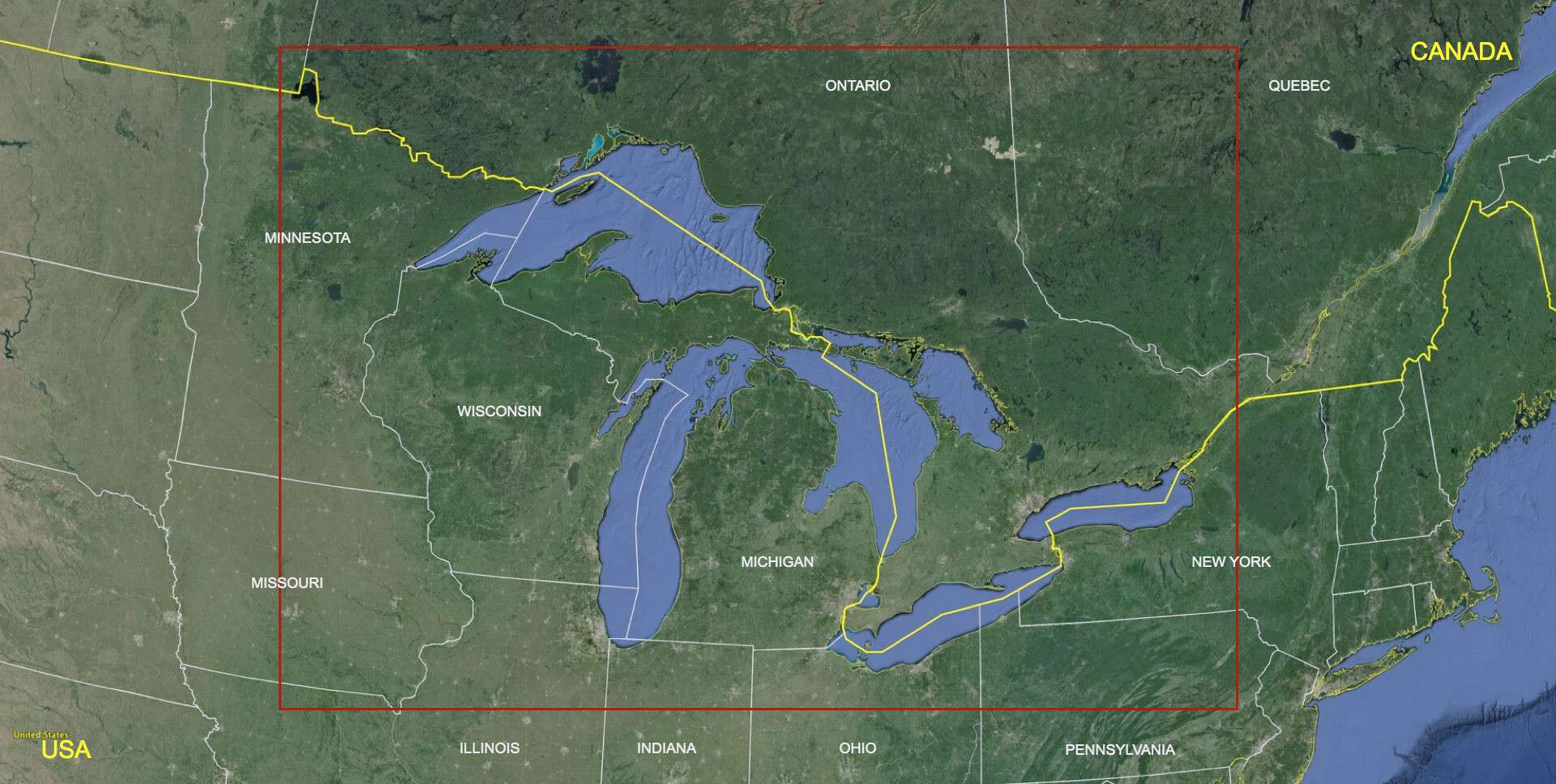Michigan, a state located in the northern part of the country, is known for its unique features and diverse living conditions. With four out of the five Great Lakes bordering the state, Michigan offers easy access to abundant freshwater and a variety of outdoor activities. Although the state has faced challenges in the past, particularly in Detroit and Flint, the rest of Michigan provides better living conditions. Off grid living is legal in the state, making it a suitable destination for those seeking a self-sustainable lifestyle, especially with the lower costs of housing and living expenses. Despite its economic setbacks, Michigan is slowly recovering, with new job opportunities emerging. With its continental climate, diverse wildlife, and opportunities for farming, Michigan offers a range of experiences for residents and visitors alike. However, it is crucial to be prepared for the state’s unpredictable weather patterns and be aware of the potential issues with water quality and road maintenance.
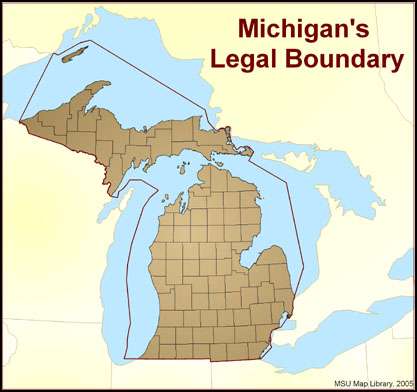
Geography and Location
Bordered by Canada in the Northern Part of the Country
Michigan is a state located in the northern part of the United States, sharing a border with Canada. This makes it a geographically strategic location, as it offers a gateway to the north. With its proximity to Canada, Michigan has strong economic and cultural ties with its northern neighbor.
Contact with 4 out of the 5 Great Lakes
One of the unique features of Michigan is its proximity to the Great Lakes. In fact, it is the only state that has contact with four out of the five Great Lakes – Lake Superior, Lake Michigan, Lake Huron, and Lake Erie. This gives Michigan an abundance of natural beauty and valuable resources. The Great Lakes not only provide opportunities for recreation and tourism but also play a significant role in the state’s economy, particularly in industries such as shipping, fishing, and tourism.
Living in Michigan
Poor past management
Michigan has had its fair share of challenges in the past, particularly when it comes to management. In recent years, it has been considered one of the worst states to live in due to various factors, including high unemployment rates, crime rates, and the infamous Flint water crisis. However, it is important to note that these challenges are primarily concentrated in areas such as Detroit and Flint, while the rest of the state offers a more favorable living environment.
The Rest of the State Outside of Detroit and Flint
While Detroit and Flint have faced significant hardships, the rest of Michigan offers a different story. The state boasts a diverse range of landscapes, from picturesque coastal areas to lush forests and peaceful rural communities. These areas are often characterized by a slower pace of life and a strong sense of community. Living outside of major cities in Michigan can offer a more relaxed and peaceful way of life, away from the challenges and issues faced in urban centers.
Legality of Off-Grid Living
For those looking for a way to escape the constraints of modern urban living, Michigan offers opportunities for off-grid living. Off-grid living refers to living independently of municipal utilities such as water and electricity. Michigan allows off-grid living as long as certain local laws and regulations are respected, such as building codes and septic tank installation. This provides individuals with the freedom to live more self-sufficiently and closer to nature.
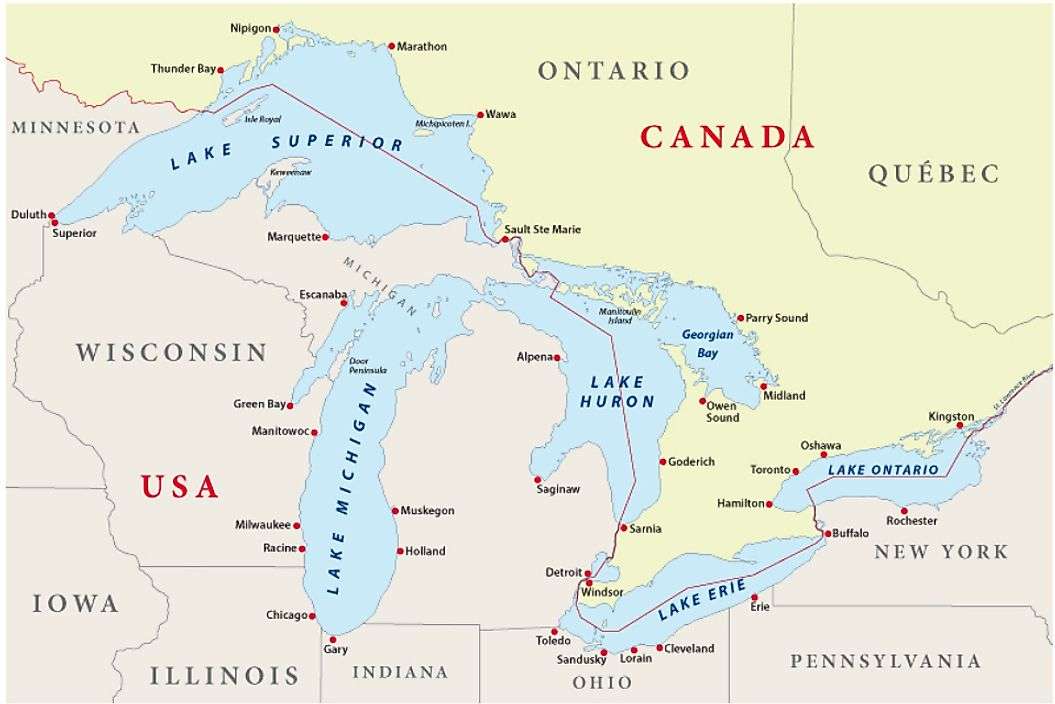
Advantages of Off-Grid Living in Michigan
Cheaper Housing and Cost of Living
One of the main advantages of off-grid living in Michigan is the affordability. Housing costs and the overall cost of living are relatively lower compared to other states, making it an attractive option for those seeking a simpler and more cost-effective lifestyle. By embracing off-grid living, individuals can save money on utility bills and potentially invest in other aspects of their lives.
Access to Fresh Water
Living off-grid in Michigan also offers a distinct advantage when it comes to access to fresh water. With its close proximity to the Great Lakes and numerous inland lakes, a person in Michigan is never far from a body of water. This means individuals can have a sustainable and reliable water source for various needs, such as drinking, bathing, and gardening. In a world where access to clean water is becoming increasingly scarce, this advantage is invaluable.
Suitability for Farming
Michigan’s fertile soil and favorable climate make it a prime location for farming. Off-grid living provides individuals with an opportunity to embrace a more self-sufficient lifestyle and cultivate their own food. Whether it’s growing fruits and vegetables or raising livestock, Michigan offers a conducive environment for sustainable farming practices. By living off-grid, individuals can take advantage of these agricultural opportunities and enjoy the benefits of fresh, locally sourced produce.
Challenges and Concerns in Michigan
Higher Unemployment and Crime Rates near Detroit and Flint
While the rest of Michigan offers a more favorable living environment, areas such as Detroit and Flint face higher unemployment and crime rates. These challenges can significantly impact the quality of life for residents in these urban centers. It is important for individuals considering off-grid living in Michigan to be aware of these factors and carefully consider the location they choose for their off-grid lifestyle.
Unpredictable Weather and Fire Hazards
Michigan experiences unpredictable weather, particularly during winter and spring. Residents often have to deal with heavy snowfall, freezing temperatures, and icy conditions. This can pose challenges for off-grid living, as it requires individuals to be prepared for extreme weather conditions. Additionally, the humid climate in Michigan increases the risk of wildfires during dry periods, making it essential for off-grid residents to have reliable fire-starting kits and appropriate safety measures in place.
Water Issues and the Flint Water Crisis
One of the most concerning issues in Michigan’s recent history is the Flint water crisis. This crisis was caused by authorities switching the water supply to the Flint River as a cost-saving measure, leading to high levels of lead contamination in the city’s water system. The tragedy highlighted the importance of reliable and clean water sources. Off-grid living in Michigan provides individuals with the opportunity to have more control over their water sources and mitigate the risks associated with contaminated water.
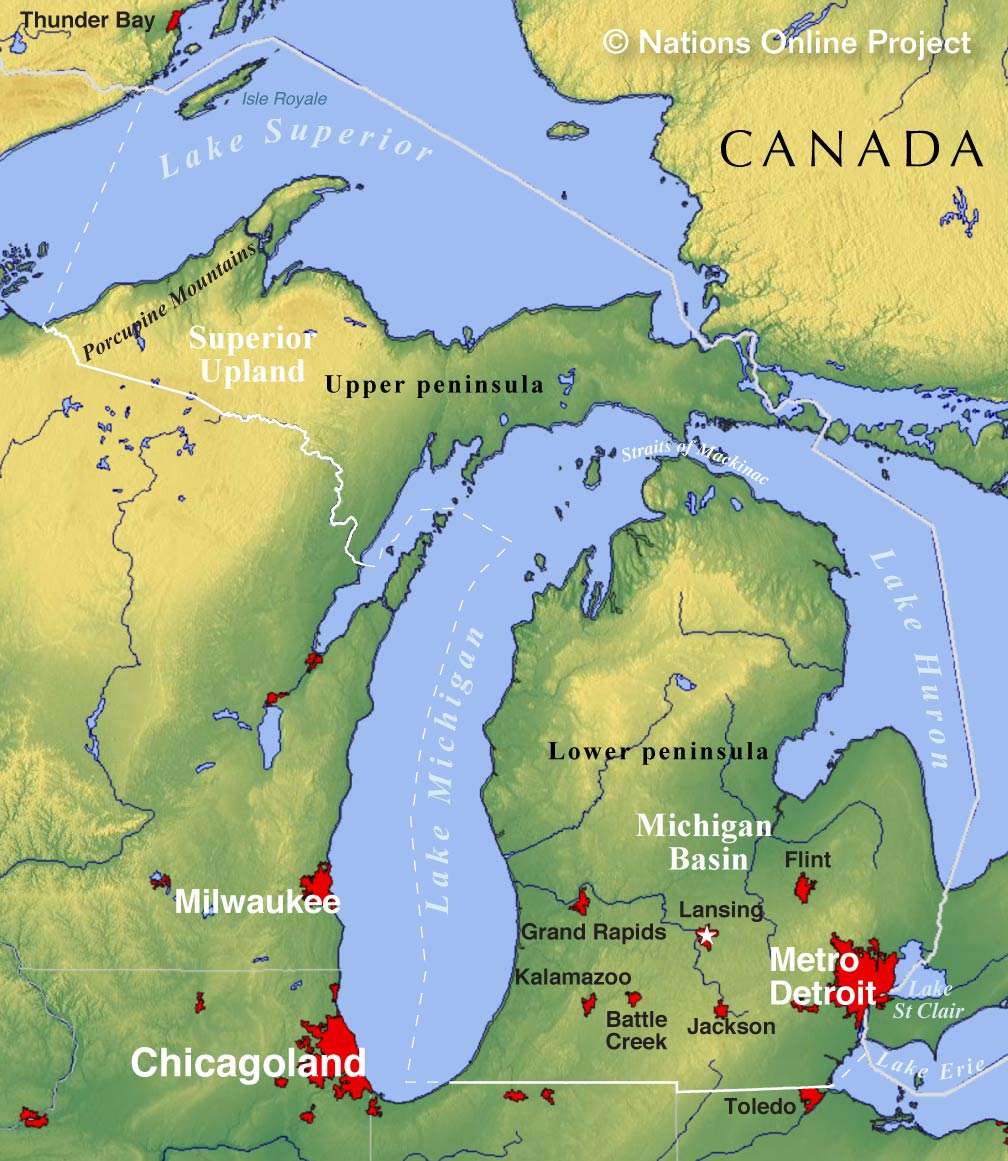
Population and Urban Centers
Michigan’s Population and Population Trends
Michigan currently has a population of approximately 10 million people. While the state’s population has been slowly rising over the years, it has faced challenges due to economic downturns and changes in industries. However, recent trends indicate that the state’s economy is starting to recover, leading to population growth and the creation of new job opportunities.
Major Cities in Michigan
Michigan is home to several major cities, each with its own unique character and offerings. Detroit, the largest city in Michigan, has a population of around 680,000 and is known for its rich history, vibrant culture, and diverse communities. Other notable cities in Michigan include Grand Rapids, Ann Arbor, Lansing, and Flint. These cities offer a range of amenities, job opportunities, and cultural attractions, while also facing their own set of challenges.
Impact of Economic Recession
Like many states, Michigan has been significantly impacted by economic recessions, particularly the Great Recession in 2008. The state faced high unemployment rates and job losses as key industries such as manufacturing suffered. However, Michigan has shown resilience and is slowly recovering. Unemployment rates have been decreasing over time, and new jobs are being created in emerging industries such as technology, healthcare, and renewable energy. This positive trend bodes well for individuals considering off-grid living in Michigan.
Regulations and Restrictions on Off-Grid Living
Legal Status of Off-Grid Living in Michigan
Off-grid living is legal in Michigan, as long as certain local laws and regulations are respected. While the state allows individuals to live independently of municipal utilities, it is important to adhere to building codes, septic tank installation regulations, and any other relevant local restrictions. These regulations aim to ensure the safety and well-being of off-grid residents while still promoting sustainable and self-sufficient living.
Restricted or Regulated Systems
While off-grid living is generally allowed in Michigan, certain systems may be restricted or regulated. For example, the installation of renewable energy systems, such as solar panels or wind turbines, may be subject to specific guidelines or permits. It is important for individuals considering off-grid living in Michigan to familiarize themselves with these regulations and ensure compliance to avoid any legal issues or challenges.
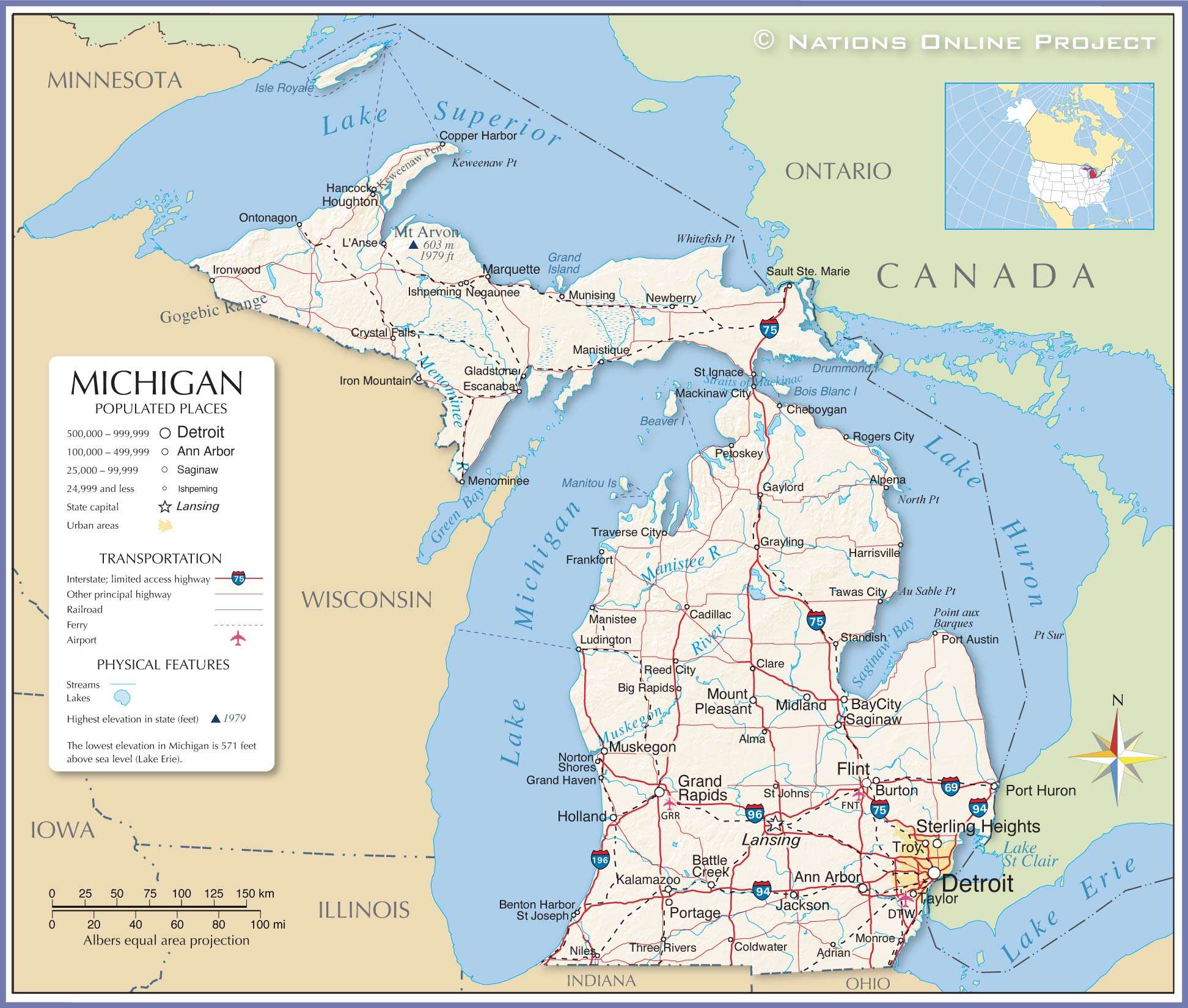
Renewable Energy in Michigan
Effectiveness of Solar Power
Despite long winters and occasional cloudy days, solar power can be an effective energy source in Michigan. With advancements in solar technology and the availability of incentives and rebates, residents can harness the power of the sun to generate electricity and live more sustainably. While solar power may not be the sole source of energy for off-grid living in Michigan, it can certainly complement other renewable energy sources and reduce reliance on traditional power grids.
Viability of Wind Power
Michigan’s geography and proximity to the Great Lakes make it a prime location for wind power. The state has been working towards increasing its wind energy production, with the goal of generating a significant portion of its electricity from renewable sources. For off-grid residents in Michigan, wind power is a viable option, particularly in areas with favorable wind conditions. With the availability of incentives and rebates, individuals can invest in wind turbines to generate their own electricity and reduce their carbon footprint.
Climate in Michigan
Continental-Type Climate
Michigan experiences a continental-type climate, characterized by distinct seasons. Summers tend to be warm and humid, with temperatures averaging in the 80s Fahrenheit. Winters, on the other hand, are cold and snowy, with temperatures often dropping below freezing. Spring and autumn provide a transition between the extremes of summer and winter, with milder temperatures and vibrant foliage. Off-grid living in Michigan requires individuals to be prepared for these seasonal variations and adjust their lifestyle accordingly.
Seasonal Variations
The seasonal variations in Michigan can impact various aspects of off-grid living. During winter, individuals may need to prepare for heavy snowfall and freezing temperatures by ensuring they have sufficient insulation, reliable heating sources, and strategies for snow removal. In contrast, summer months require off-grid residents to consider ways to keep cool and manage humidity levels. By understanding and adapting to these seasonal variations, individuals can create a sustainable and comfortable off-grid lifestyle in Michigan.
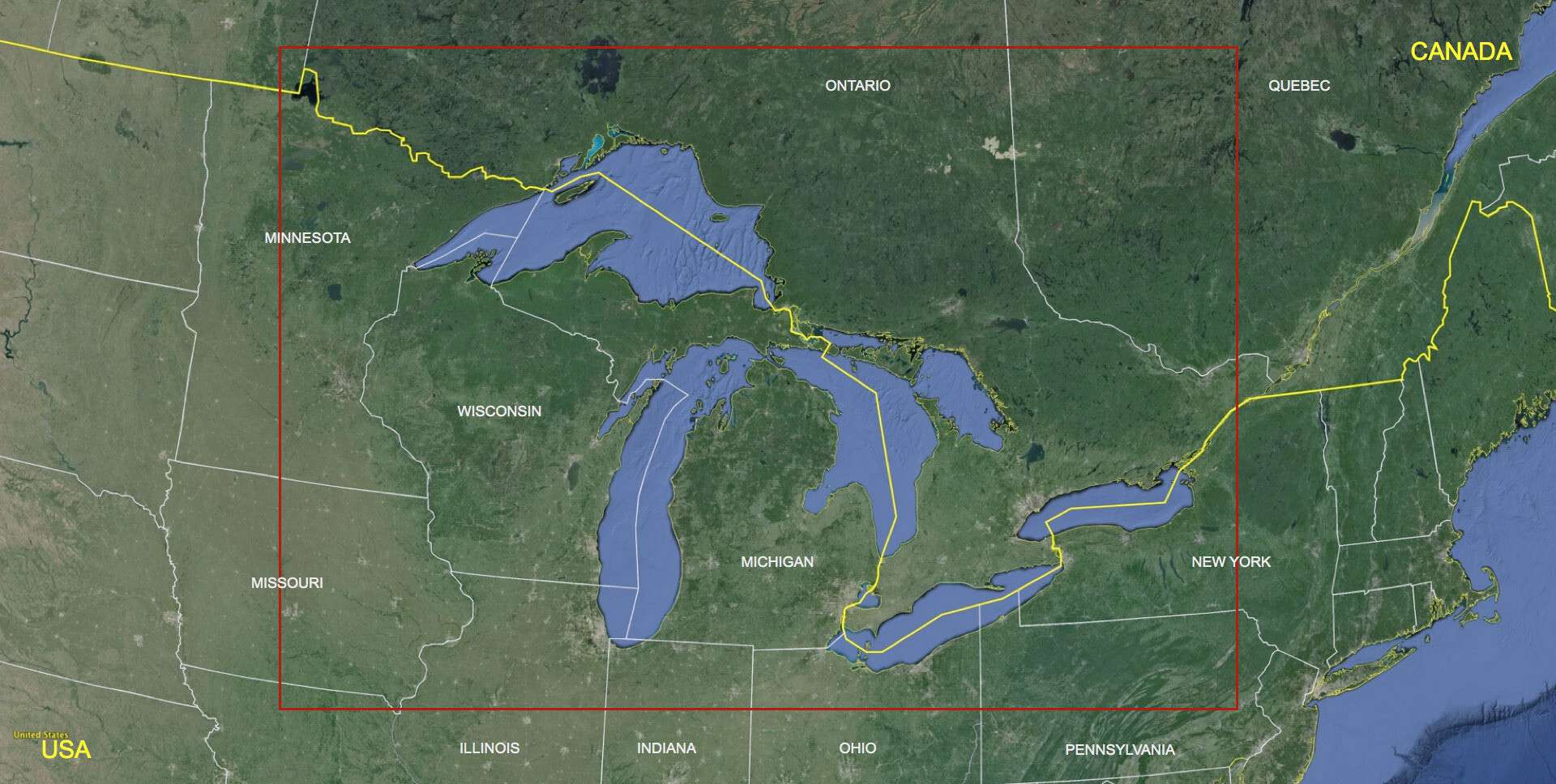
Agriculture and Farming in Michigan
Crops Produced in Michigan
Michigan’s fertile soil and favorable climate make it a major agricultural state in the United States. The state is known for producing a wide range of crops, including corn, wheat, soybeans, fruits, and vegetables. Michigan’s diverse agricultural output contributes significantly to the state’s economy and offers opportunities for off-grid residents to engage in sustainable farming practices. By growing their own food or participating in local agriculture, individuals can reduce their reliance on external food sources and enjoy the benefits of fresh, locally sourced produce.
Importance of Farming in the State
Farming plays a crucial role in Michigan’s economy and culture. The state’s agricultural sector not only provides valuable food resources but also supports numerous jobs and businesses. Michigan’s farms contribute to the state’s overall sustainability, environmental stewardship, and local food security. By embracing off-grid living in Michigan, individuals can actively participate in and support the state’s agricultural industry while enjoying the benefits of self-sufficiency and sustainable living.
Natural Disasters in Michigan
Occurrences of Wildfires, Floods, Tornadoes, and Storms
Michigan, like many other states, is not immune to natural disasters. The state experiences a range of weather-related events, including wildfires, floods, tornadoes, and storms. While Michigan does not face the same frequency or intensity of these natural disasters as some other regions, it is still important for off-grid residents to be prepared. Developing emergency plans, investing in appropriate insurance coverage, and staying informed about weather conditions can help mitigate the risks associated with these events.
In conclusion, Michigan offers unique opportunities for off-grid living with its affordable housing, access to freshwater, and suitability for farming. While the state has faced challenges in the past, areas outside of Detroit and Flint provide a more favorable living environment. However, it is important to be aware of the higher unemployment and crime rates near urban centers, unpredictable weather patterns, and the ongoing water issues resulting from the Flint water crisis. With careful planning and adherence to local regulations, individuals can enjoy the benefits of off-grid living in Michigan and create a sustainable and self-sufficient lifestyle.

